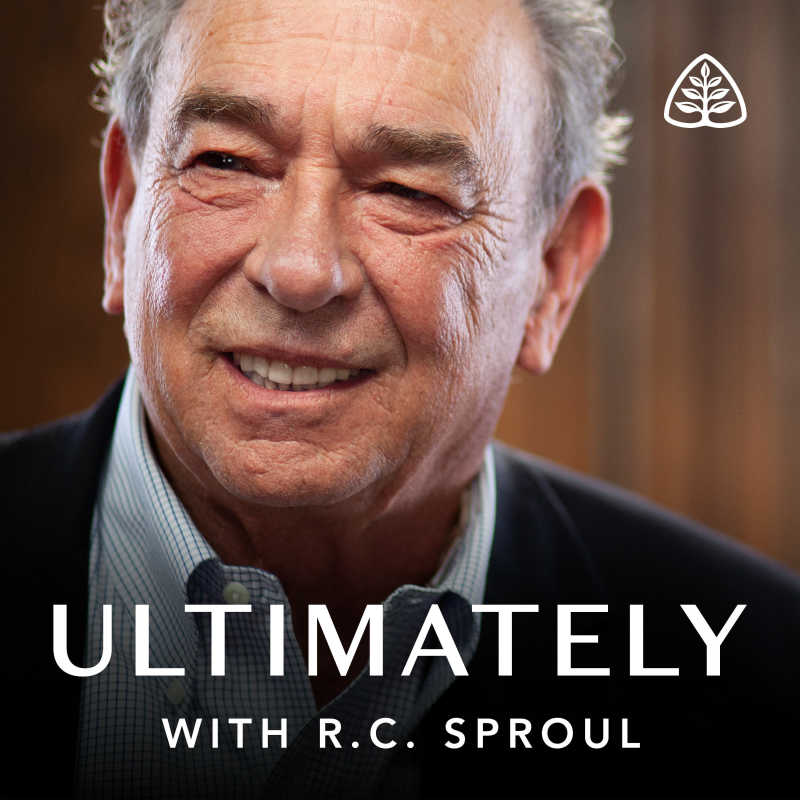
Under the curse of sin, our labors are marked by hardship and our lives by suffering. Today, R.C. Sproul helps us look beyond our pain to find hope in the Redeemer whose suffering has brought salvation.
Transcript
The curse of Adam is not work. It’s not toil. Adam and Eve were given work to do prior to the fall. They were busily and gainfully employed, as it were, in the garden situation prior to the transgression. They were called to dress, till, and keep the earth, to name the animals, etc. But what’s the point of the curse? Just as woman’s vocation is now made difficult by the advent of sin in the world, so is man’s task and his vocation made exceedingly difficult by the entrance of sin into the world. Now, instead of walking through the garden casually, just picking this fruit of these laden trees that God had provided for them and getting their substance that way, now man has to eke out his existence through the sweat of his brow. It’s a matter of the facility of getting the needs of one’s existence that the curse involves here.
Now we have to work hard within this context of insecurity, struggling against the elements. Nature is not now our ally that willingly yields its fruit to support us. But now nature is resisting the efforts of man to subdue it. Remember, the New Testament speaks of the whole creation groaning together in travail waiting for the day of redemption. And so now when we try to grow our crops, we have to fight thistles and thorns and weeds and drought and all of those things that make it difficult for us to produce a crop.
Have you ever noticed how easy it is to grow weeds, and how hard it is to grow flowers compared to growing weeds? Nature produces weeds in abundance. It takes very little labor to grow a garden full of weeds. Come up to my front yard and I’ll show you how easy it is to grow weeds, how hard it is to get a good strain of grass growing. But, the earth is not so cursed as to make it impossible for man to live. There’s still grace in all of this. The positive aspect of the curse is that life has the possibility of being sustained, but now it is sustained through pain. So that the first act of redemption, the first promise of redemption, involves the reality of pain. The accomplishment of redemption in the New Testament is done through the avenue of pain, through the death of the Innocent One, through the Suffering Servant. This is God’s way. He uses pain, He uses suffering, to bring life and to bring redemption.

